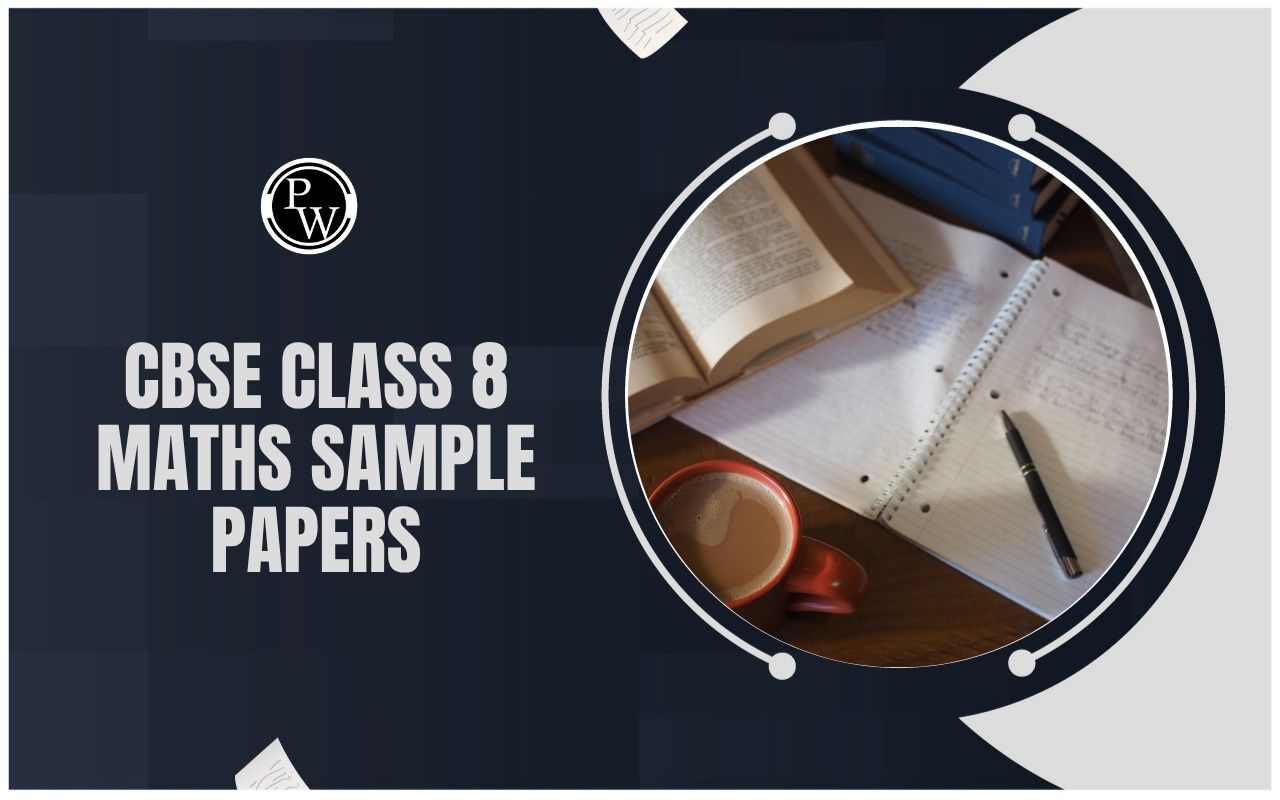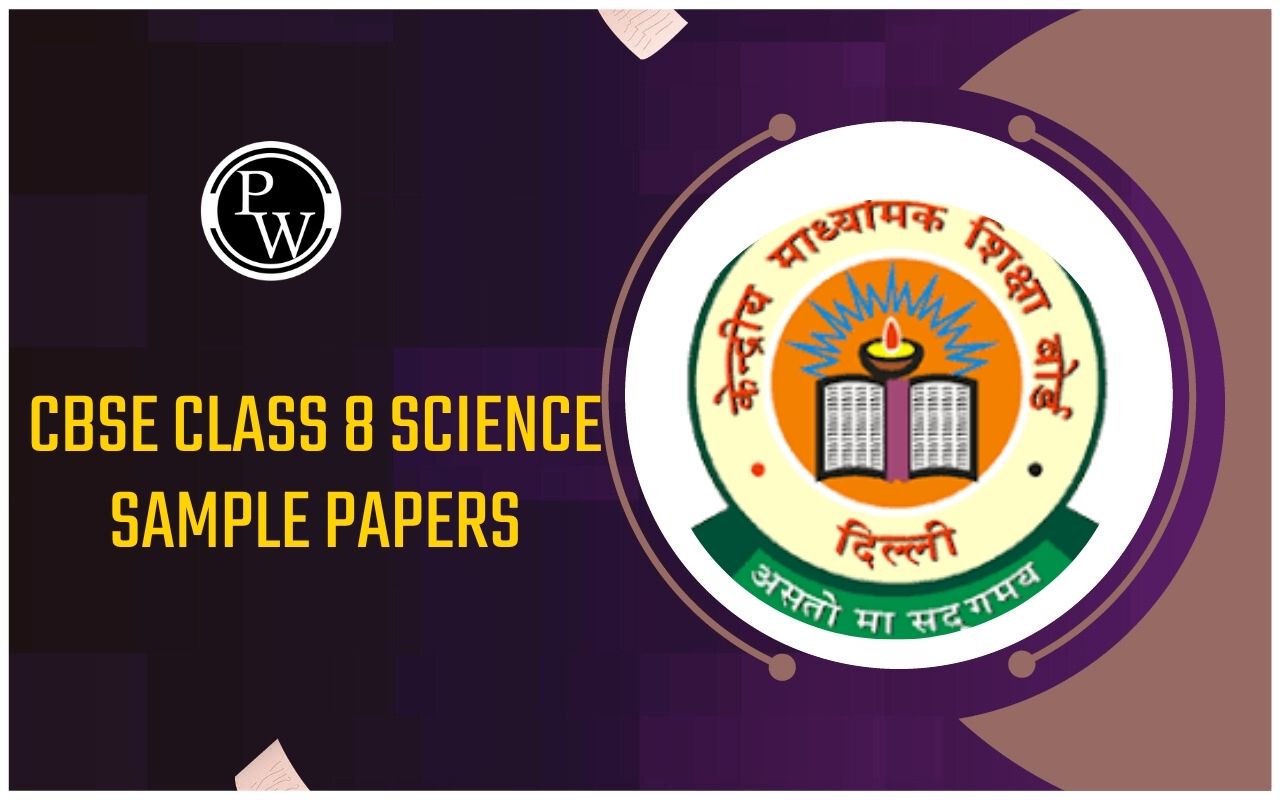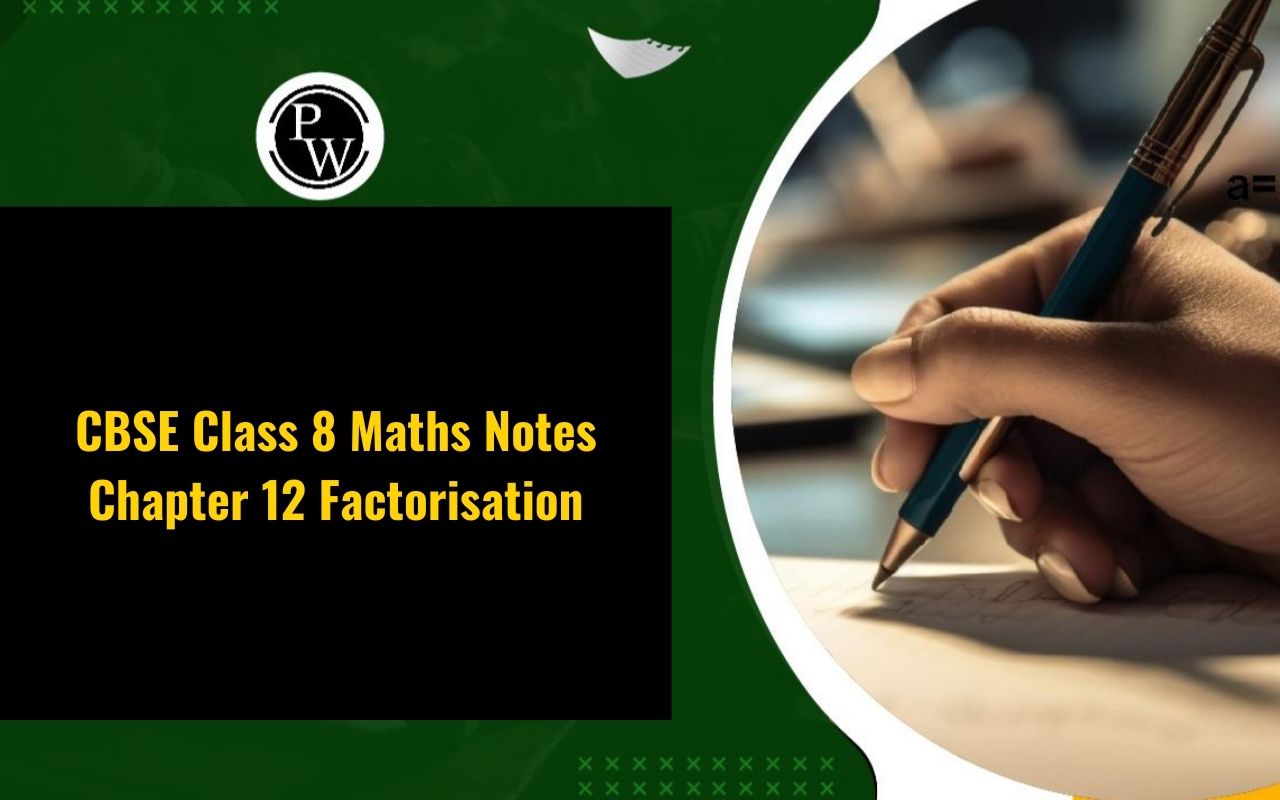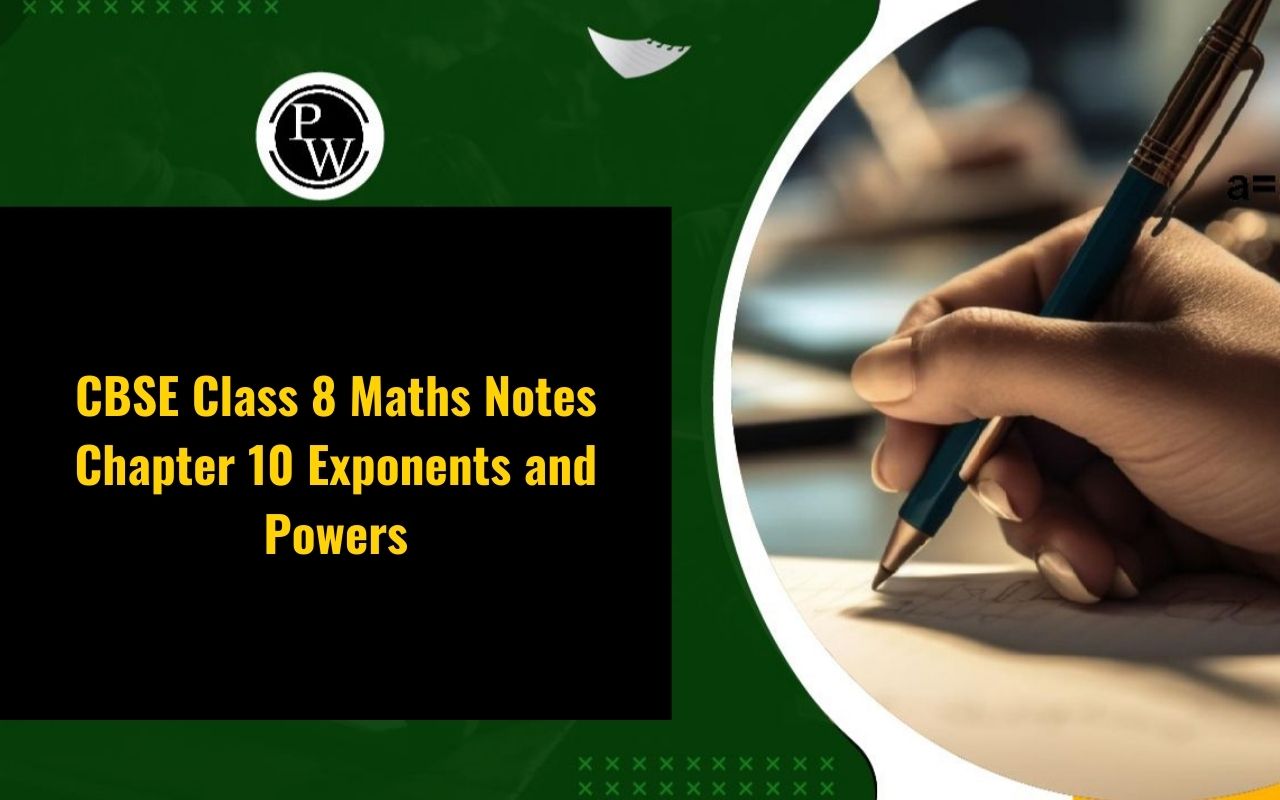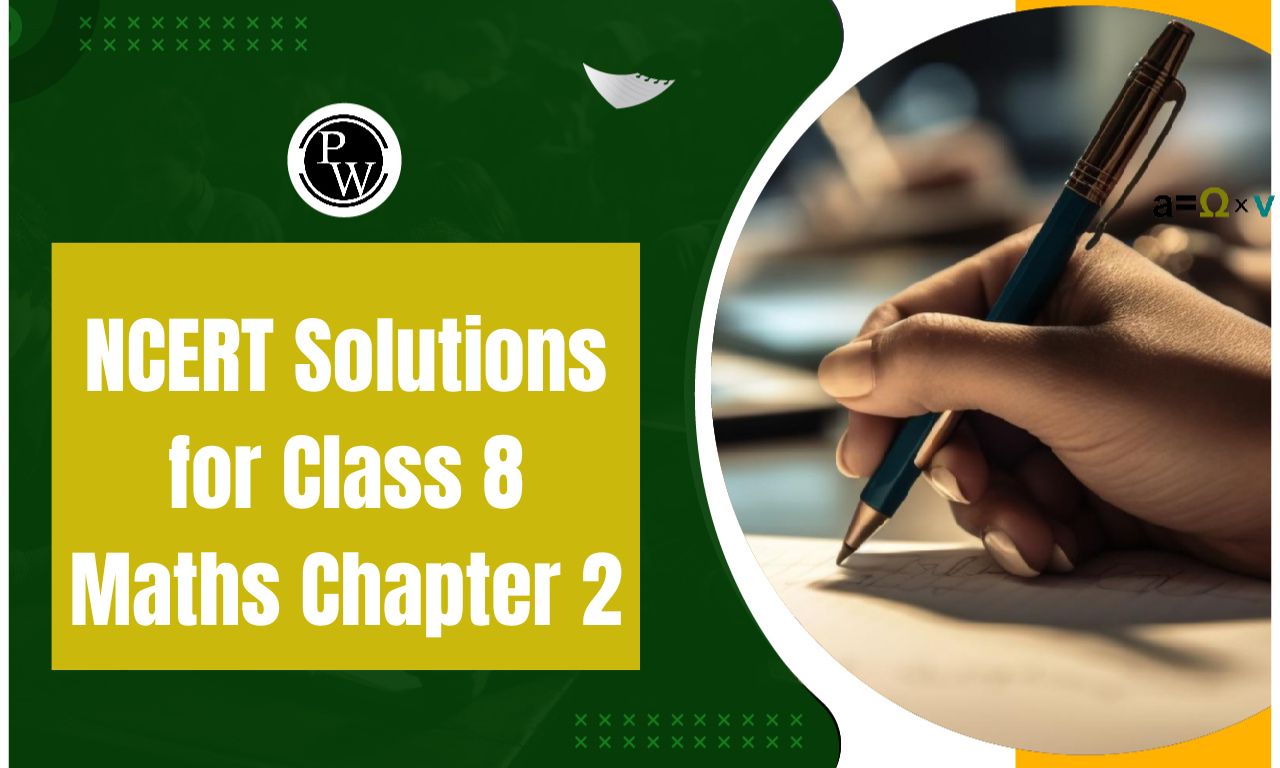
CBSE Class 8 History Notes: 10 chapters in Class 8 Social Science are devoted to historical subjects. The purpose of adding these themes to the curriculum is to help students enhance their understanding of diverse historical timelines and events.
It will be perfect to follow and expand on your ideas using the 8th History Notes that subject matter specialists have created. Rewrite these chapters in full, concentrating on how to organise the answers to get higher marks. Use the notes provided. History is a significant area of social science covered in NCERT Class 8. Since history is mostly a theoretical subject, exam questions from students must be written in greater detail. Class 8 History is a demanding and grade-worthy topic if done correctly and efficiently. Knowledgeable educators have carefully crafted these concise and thorough Class 8 History notes. Students might use this as review material to get a great grade on their exams. Get free chapter-by-chapter PDFs of the Class 8 History notes here so you can study offline.CBSE Class 8 History Notes Chapter Wise List
Below we have provided CBSE Class 8 History Notes -CBSE Class 8 History Notes Quick Overview
CBSE Class 8 History covers key topics like the decline of the Mughal Empire, rise of British power in India, social and economic impacts of colonialism, important freedom movements, reforms by Indian leaders, and India's road to independence in 1947.CBSE Class 8 History Notes Chapter 1 How, When and Where
Chapter 1 of CBSE Class 8 History, "How, When and Where," discusses the importance of dates in history, how British historians recorded events, the significance of historical sources, and the ways in which history is categorized to understand colonial rule in India.CBSE Class 8 History Notes Chapter 2 From Trade to Territory
Chapter 2, "From Trade to Territory," explores how the British East India Company transformed from a trading entity to a territorial power. It details the company's expansion, wars with Indian rulers like Tipu Sultan and the Marathas, and the political strategies used to gain control over India.CBSE Class 8 History Notes Chapter 3 Ruling the Countryside
CBSE Class 8 History Notes FAQs
What is the importance of history class 8 notes?
CBSE Class 8 History Notes can be an excellent resource for students to develop their understanding of the subject. These notes can help students revise the ten chapters of the Class 8 Social Science syllabus effectively and prepare for their exams.
How do we periodise history class 8 notes?
Historians have classified Indian history on the basis of time - as ancient, medieval and modern. This classification method was borrowed from the west and has its own set of problems. In the West, the modern period is associated with growth and progress.
What is history class 8 short answer?
History is the study of past stories of the events, peoples and countries that have brought political, social and economical changes to the society.
Is history hard in class 8?
History is often considered to be one of the most difficult subjects to learn and understand.
What is the purpose of studying history?
It gives us a chronological and systematic account of the past. It is necessary to study history because it reveals our past, helps us to understand who we are, where we come from and can possibly reveal where we will be heading to. In fact studying our past gives us an opportunity to create our future in a more.
🔥 Trending Blogs
Talk to a counsellorHave doubts? Our support team will be happy to assist you!

Check out these Related Articles
Free Learning Resources
PW Books
Notes (Class 10-12)
PW Study Materials
Notes (Class 6-9)
Ncert Solutions
Govt Exams
Class 6th to 12th Online Courses
Govt Job Exams Courses
UPSC Coaching
Defence Exam Coaching
Gate Exam Coaching
Other Exams
Know about Physics Wallah
Physics Wallah is an Indian edtech platform that provides accessible & comprehensive learning experiences to students from Class 6th to postgraduate level. We also provide extensive NCERT solutions, sample paper, NEET, JEE Mains, BITSAT previous year papers & more such resources to students. Physics Wallah also caters to over 3.5 million registered students and over 78 lakh+ Youtube subscribers with 4.8 rating on its app.
We Stand Out because
We provide students with intensive courses with India’s qualified & experienced faculties & mentors. PW strives to make the learning experience comprehensive and accessible for students of all sections of society. We believe in empowering every single student who couldn't dream of a good career in engineering and medical field earlier.
Our Key Focus Areas
Physics Wallah's main focus is to make the learning experience as economical as possible for all students. With our affordable courses like Lakshya, Udaan and Arjuna and many others, we have been able to provide a platform for lakhs of aspirants. From providing Chemistry, Maths, Physics formula to giving e-books of eminent authors like RD Sharma, RS Aggarwal and Lakhmir Singh, PW focuses on every single student's need for preparation.
What Makes Us Different
Physics Wallah strives to develop a comprehensive pedagogical structure for students, where they get a state-of-the-art learning experience with study material and resources. Apart from catering students preparing for JEE Mains and NEET, PW also provides study material for each state board like Uttar Pradesh, Bihar, and others
Copyright © 2026 Physicswallah Limited All rights reserved.

